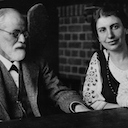
Therapy With a Human Face
The feminization of therapy is crucial to understanding how it became both devalued and out of reach.


The feminization of therapy is crucial to understanding how it became both devalued and out of reach.
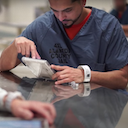
“Prison iPads” became a lifeline during the pandemic. They also became a new way to squeeze money out of the incarcerated and their families.
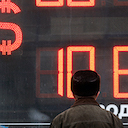
Nicholas Mulder’s account of the modern economic sanctions regime sheds new light on an era of extreme destabilization and destruction.
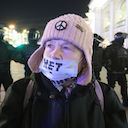
Putin sees Russian statehood and Russian national and linguistic identity as inextricably connected, and he is willing to spill Russian and Ukrainian blood to protect this nationalist vision.

The Russian invasion has forced peaceful, ordinary people to risk their lives. Many are fighting because they believe in a Ukraine that welcomes all its citizens and recognizes the rights they all possess.
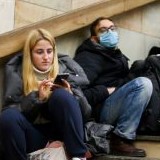
Why did so many leftists turn a blind eye to Russian aggression?
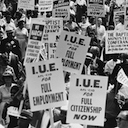
The left tends to dismiss corporate pandering to identity politics as insincere and inconsequential. It does so at its peril.
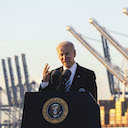
Neoliberal globalization shifted the social risks of the economic system away from companies and the wealthy and toward workers and citizens. As this system unravels, leftists must develop a politics of social protection to counter a surging right.
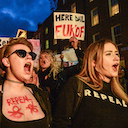
In Sally Rooney’s latest novel, class struggle is presented as just one more thing to be debated.
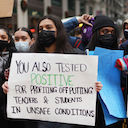
The spread of COVID-19 in classrooms has revealed an infrastructure problem made worse by the way the United States finances improvements to school buildings.

The core spirit of Sex Education, easily missed on account of its boisterous sex-positivity, is the sophisticated sexual prudence of Generation Z.

The return of the dynastic firm isn’t enough to explain the radicalization of the GOP.
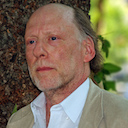
Todd Gitlin, activist, academic, writer, and longtime member of Dissent’s editorial board, died on February 5. Here he is remembered by his friends, colleagues, and comrades.
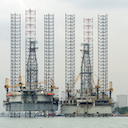
In Reconsidering Reparations, Olúfẹ́mi O. Táíwò makes the case for a political project with a global scope.
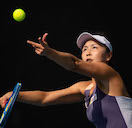
By telling her story, tennis champion Peng Shuai revealed how a violent power structure hides its violence, and the perverse way in which it drags in its victims.